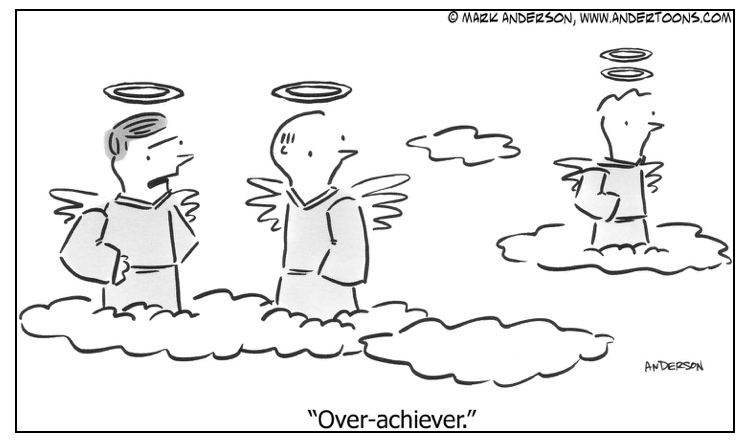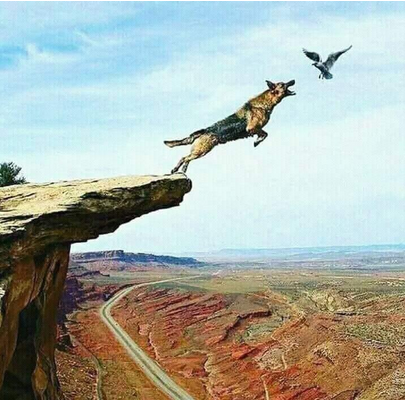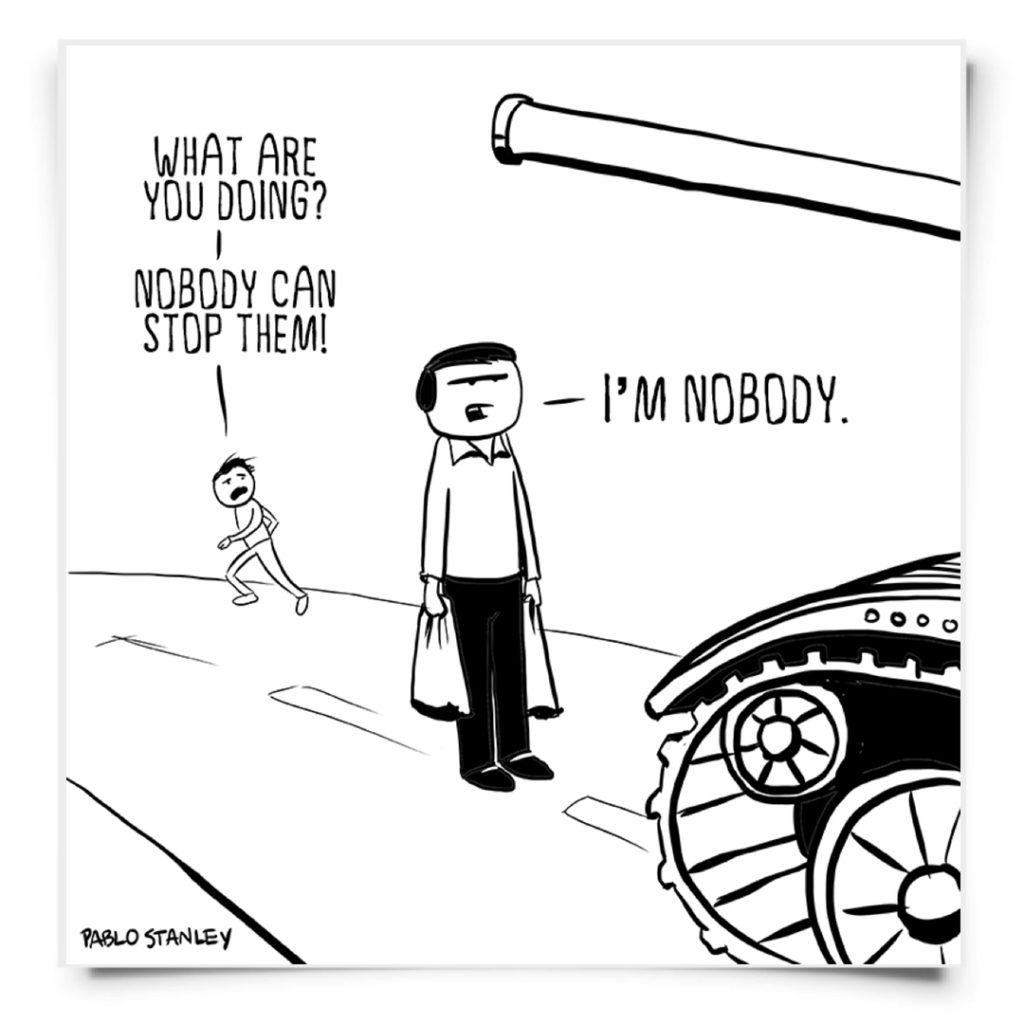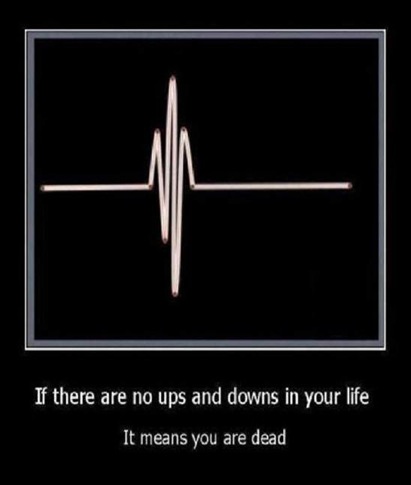 One can’t lead unless he can leverage more than his own capabilities. Scully
One can’t lead unless he can leverage more than his own capabilities. Scully
There is a significant difference between an achiever and a leader.
- An achiever gets the job done.
- A leader gets the job done through other people.
This is huge; don’t miss it.
Many people have honed their “get it done” skills; they live disciplined lives and are able to accomplish immense amounts of work. They are achievers. Give them a job and they’ll get it done. I admire these people, but I don’t consider them leaders, because leaders accomplish work through others.
Peter Drucker illustrates this difference by challenging us to think of which pronouns we use when given work to do: “The leaders who work most effectively, it seems to me, never say ‘I.’ And that’s not because they have trained themselves not to say ‘I.’ They don’t think ‘I.’ They think ‘we’; they think ‘team.’ They understand their job to be to make the team function.”
When you are given an assignment or when you have a vision to fulfill, what is your first thought? “I can do that.” Or, “I need to put a team together.” As Drucker says, leaders think first of accomplishing work through their team. Leaders use plural pronouns when planning work.
No doubt, a good leader must also be an achiever—you must possess the skills necessary to accomplish tasks. When a leader doesn’t know how to get work done, he loses credibility with his team and progress suffers because he doesn’t understand how work is accomplished. So for a leader it’s not “I’m either an achiever or a leader” but “I am both an achiever and a leader.”
There’s even a difference between a leader and an achiever with helpers. Some high achievers will surround themselves with a group of assistants and helpers whose job is to help the achiever be more efficient, but this is still not the exercise of leadership. For instance, a dentist may have a staff that assists him in his work—a dental assistant, dental hygienist, receptionist, x-ray technician—but all the work centers around the dentist. A leader will empower others to conceptualize and perform work on their own.
The ability to get work done through other people is fundamental to leadership. In fact, if you’re not doing that, you’re not leading.
As you reflect on your past, have you functioned more as an achiever or a leader?
[reminder]What are your thoughts about this essay?[/reminder]
[callout]Lead Well Workshop – March 29-30 Click here for more information about a life- and career-enhancing workshop. It will change your life.[/callout]

 A Pyrrhic victory is one that inflicts such a devastating toll on the victor that it is tantamount to defeat. Someone who wins a Pyrrhic victory has been victorious in some way. However, the heavy toll negates any sense of achievement or profit.
A Pyrrhic victory is one that inflicts such a devastating toll on the victor that it is tantamount to defeat. Someone who wins a Pyrrhic victory has been victorious in some way. However, the heavy toll negates any sense of achievement or profit. Last year I memorized and meditated on these three statements. Together, they are finding purchase in my mind and making a difference in my life.
Last year I memorized and meditated on these three statements. Together, they are finding purchase in my mind and making a difference in my life.